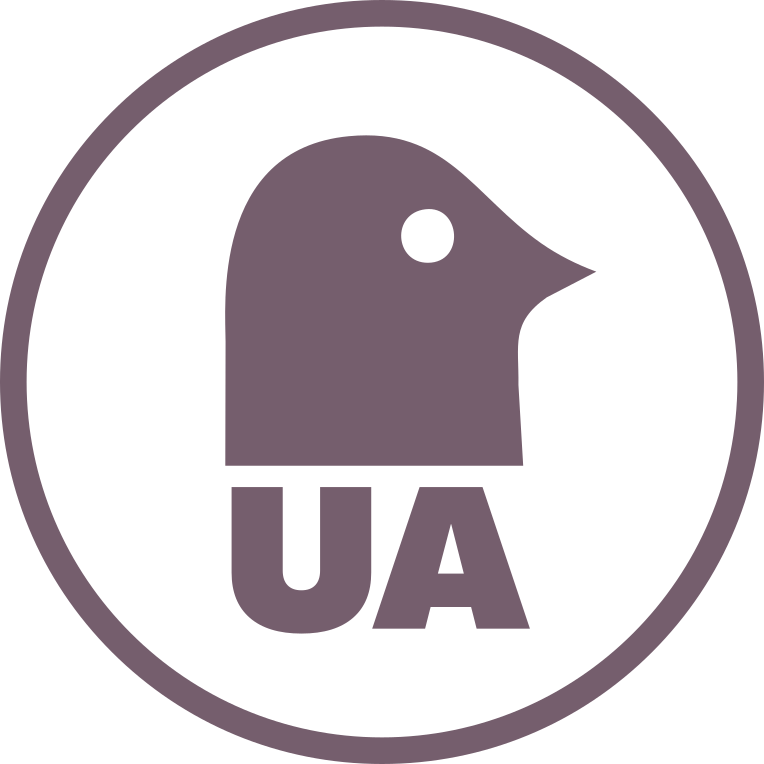Bill 21 is an act that forbids many civil servants, including police officers, teachers, and government lawyers , from wearing religious symbols. The Act directly impacts all religious individuals who wear religious symbols – kippahs, turbans, hijabs, and more. However, the stakes are especially significant for Muslim women. As of November 22, 100 per cent of people who lost jobs as teachers were women wearing a hijab.
Bill 21 was originally passed by the National Assembly in June 2019. At the time, McGill students and staff mobilized against the bill, handing out tens of thousands of anti Bill 21 pins and organizing rallies and sit-ins. In April 2019, six unions (AGSEM, AMURE, MCLIU, MUNACA, MUNASA, SEU) and four associations (PGSS, SSMU, MACES, and MAUT) signed a statement against the Act. SSMU added a few paragraphs, writing “[t]wo years after the Quebec mosque shooting and two weeks after the same vile hatred caused another horrific mosque shooting in New Zealand, our government should be actively working to address the impacts and effects of white supremacy in our society. Instead, it chooses to actively fuel it.”
Now that energy has waned, as those most affected have emigrated out of Quebec or gave up on pursuing public sector careers. It doesn’t help that there’s overlap between demographics affected by this legislation and by the war on Gaza, circumstances ripe for burnout.
The best hope to stop Bill 21 now is the Supreme Court. In April of last year, leave to appeal was filed at the Supreme court by Ichrak Nour El Hak, the National Council of Canadian Muslims, and the Canadian Civil Liberties Association. As their factum notes, the act bars individuals from participating in public institutions based on their religion. On January 23, the Supreme Court agreed to hear the appeal.
Muslim Awareness Week runs from January 24 to 31. One of its events is a talk, ‘The Era of Law 21: Impacts on Muslim Women and the Making of a New Normal’. It will be held on 3644 Peel, on January 31, at 16h30. Attendance is free.
As the federal elections approach, pro-immigrant and anti-Islamophobic advocacy is imperative. Some advocacy can be personal and small-scale, like intervening when you witness microaggressions or keeping religious holidays in mind when organizing events. Ideally, this support would be coupled with political engagement, to affect change at a legislative level. If you’re interested in joining efforts to counter Bill 21, email me at ua@ssmu.ca.
For religious students and staff who are struggling, McGill offers some resources. The Muslim Student Affairs Liaison can be reached at farah.chouayakh@mcgill.ca, the Jewish Student Affairs Liaison can be reached at rachel.hatcher@mcgill.ca, and McGill’s Office of Religious and Spiritual Life can be reached at morsl@mcgill.ca, but you can also drop-in to their space during business hours.

